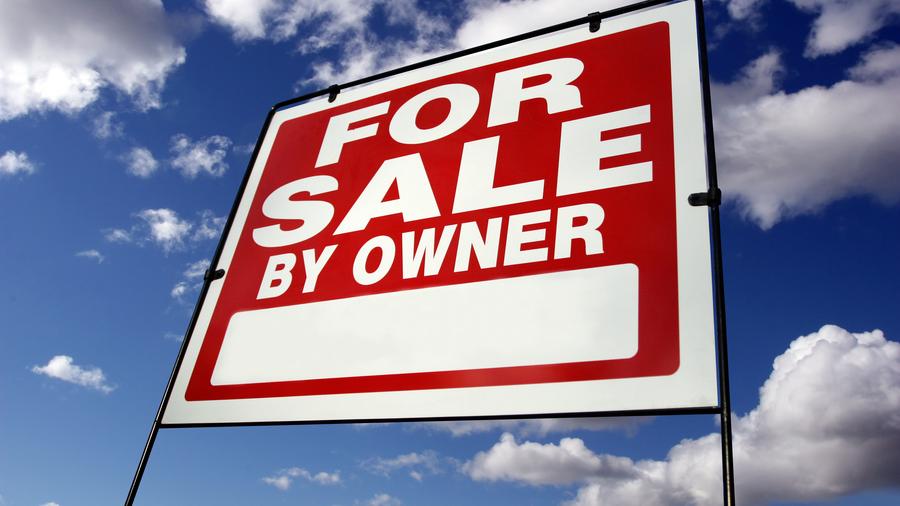
Austin Business Journal writes, "Home prices in Austin are eclipsing the median buying power of local residents.
That's according to data from First American Financial Corp., which found the housing markets in at least half of the nation's major metro areas are overvalued compared to local buying power.
Home prices have soared nationally over the past decade — especially during the pandemic — and that's driving a significant affordability crisis in many regions. High interest rates and a sustained lack of inventory aren't helping matters.
Local buying power in Austin is $434,663, according to the data. Unfortunately for those in the market for a new home, the median sale price of a house in Austin was clocked at $466,867. That's about a $32,000, or 7%, difference.
Compare that to the relative ease Houstonians have when seeking mortgage approval. In Houston, there's a 19% difference between the median existing home price of $330,996 and Houstonians' median home buying power of $408,398.
Still, as the median sale price of an Austin home has creeped up throughout the year, so too has local inventory — Austin reached 4.3 months of inventory in April — which has increased the number of homes at many price points, according to the April report from Unlock MLS.
“Despite the higher rate environment, the uptick in affordable inventory in the $300,000 range is allowing more first-time buyers to achieve homeownership," stated Clare Losey, Unlock MLS and ABOR housing economist. "As we progress through the year, mortgage rates are expected to remain elevated with a slight possibility of a gradual decrease, which would result in an increase in buyers’ purchasing power.”
The median sales price of a home in April came in at $469,998, up 4.4% from March and about 1% from a year ago, according to the Unlock MLS report. Meanwhile, Freddie Mac reported the average 30-year fixed-rate mortgage for the week of May 30 was 7.03%.
The most overvalued housing markets
As of March, homes in several California communities were among the nation’s most overvalued compared to local buying power.
In Los Angeles, buying power was a mere $413,108 compared to the median existing home price of $923,750 — meaning homes were valued at 124% above buying power.
San Jose (98%) wasn’t far behind. Even with tech layoffs and migration trends, housing affordability in Silicon Valley and the San Francisco Bay Area remains a significant challenge.
Buying power in San Jose was $722,849, while home prices were almost double, at $1.43 million.
San Diego’s median price was 80% higher than what its residents could afford, while San Francisco’s was 76%.
Sky-high home prices in California, among other factors, have prompted many to leave the state.
Midwest may have room to grow
Conversely, data on buying power suggests several cities across the Rust Belt have significant opportunity for property to appreciate.
Some also rank among the strongest markets for first-time homebuyers.
In Detroit, median home prices were $216,126. That's 44% below the local buying power of $388,258. After a period of challenges, the Motor City more recently has become a poster child for revitalization amid a frenzy of new development.
Meanwhile, homes in Cleveland were selling near $182,500, while residents could typically afford $310,572 — indicating homes were 41% less than local buying power. In Pittsburgh, the median home price of $188,100 was 39% below the buying power of $310,802.
Economists say housing prices continue to pinch many buyers — and interest rates aren't helping matters.
Researchers at Redfin Corp. noted earlier this year that homeowners are staying in their homes twice as long as they did back in 2006, when the median homeowner spent 6.5 years in one place.
That figure reached 13.4 years in 2020 but has since dipped to 11.9 years as of 2023.
“Americans who already own homes benefit from rising values and can consider themselves lucky they broke into the housing market while they could still afford it,” said Elijah de la Campa, senior economist at Redfin, in a statement. “On the other hand, price appreciation makes the prospect of buying a new home daunting or even impossible for many people who want to move.”
Joanne Drilling contributed to this report."
Source: Austin Business Journal
Written by: Cody Baird
Published: June 4, 2024
Posted by Grossman & Jones Group on
Leave A Comment